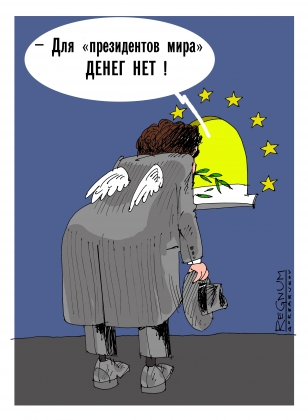A sevenfold increase in the volume of import to Ukraine of vegetables so-called “borsch set”, traditionally grown in the country, is another eloquent proof of the negative impact of a trade agreement with the EU, writes Federal news Agency.
At this transparently hinted political analyst Mikhail Pavliv. For the first quarter of 2016, the volume of imports of potatoes, onions, cabbage, carrot and table beet has increased seven times compared to the same period last year.
This was reported by “Ukrainian club of agrarian business”.
The largest increase was observed in imports of carrot and beet — from 169 tons in the first quarter of 2015 to nearly 6 thousand tons in January–March 2016. Potato imports have increased four — fold from 513 tons to 2 095 tons, cabbage — two times (with 584 tons to 1 046 tons). Imports of onions have been less radical with 1 780 2 tonnes to 202 tonnes.
However, the cost of the “borsch set” for the year rose by almost half — from UAH 29,48 to 43,68 USD. After reading these disappointing for Ukraine figures, political analyst Mikhail Pavliv in his usual sense of irony asked how this situation was possible at all. “Oh, what is it? Probably, these vegetables don’t grow? And generally, we’re an agricultural superpower, like…” he says in Facebook.
Pavliv noted that this is a consequence of the conclusion with the EU of the agreement on creation of free trade zones: the “saving” an FTA will destroy agriculture and the economy, and a sevenfold increase in imports is only the beginning.
In addition, it became known that Ukraine has become a net importer of pork: the price of meat imports for March amounted to 502 thousand USD export — total of 240 thousand dollars. The main pork exporter is Germany.
But the Ukrainian farmers are waiting for hard times: with the introduction of the European food standards they can and does deny to sell pork even on the territory of their country.
The absurdity of the situation was noted by other members Pavliva: according to their information, last year almost all watermelons in the Odessa region were not in Kherson, and Turkish, etc.
At the end of March it became known that the price of borsch set reached a historical maximum. Beets for the year rose by 40%, the rest of the ingredients — about 7%.







